The beach, waves, sea and blue cloudless sky. But in order for the vacation to remain serene, everyone should be well aware of the risks that this seemingly calm picture of summer hides. In their practice, lifeguards have repeatedly seen how even well-prepared physically and experienced swimmers fall prey to the sea waves and currents. Particularly treacherous for overconfident vacationers are the so-called "wild beaches", where there are no lifeguards and often no people who can provide help.
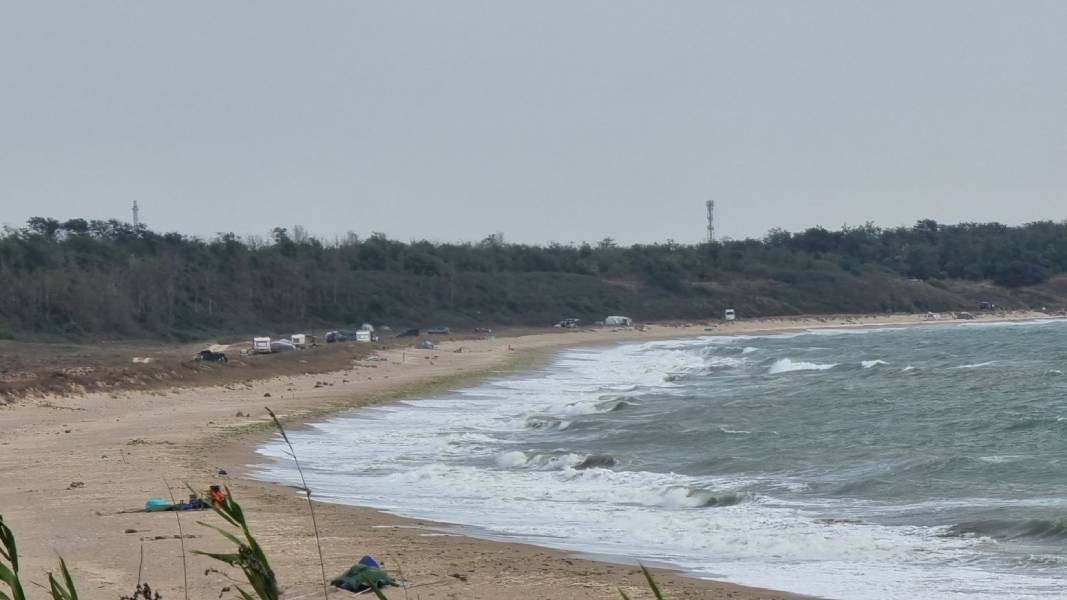
That is why the most frequent cases of fatal incidents at sea occur just outside the reach of guarded beaches. This is what Vasil Zagorchev, a water rescue specialist and founder of a lifeguard training school called "Life Saving Bulgaria", says. "The main danger is when people overestimate their abilities and underestimate the dangers," he says and adds:
“We always advise people who prefer unguarded beaches not to be alone on the beach and in case of danger, if they see someone in trouble, to call 112. Very often, when people come to the beach and see that the flag is red, they get into arguments with the lifeguards. They start saying that it is not dangerous for them because they can swim well.
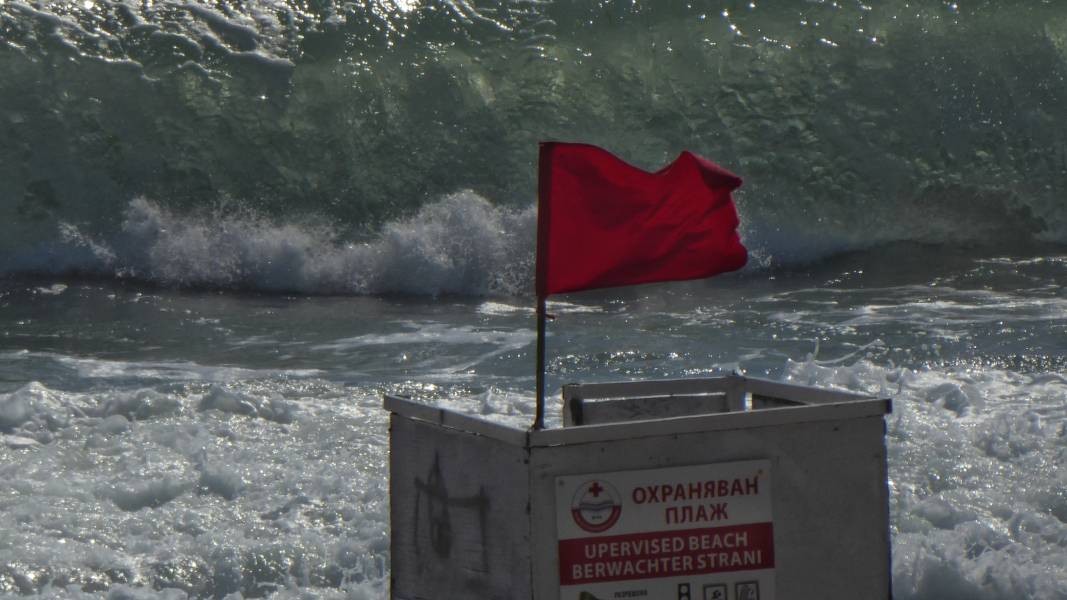
It often happens that people start swimming very far away from the shore. This makes it difficult to reach them if they feel sudden fatigue, muscle cramps or something similar. These are some of the very common situations that people find themselves in without having foreseen them."
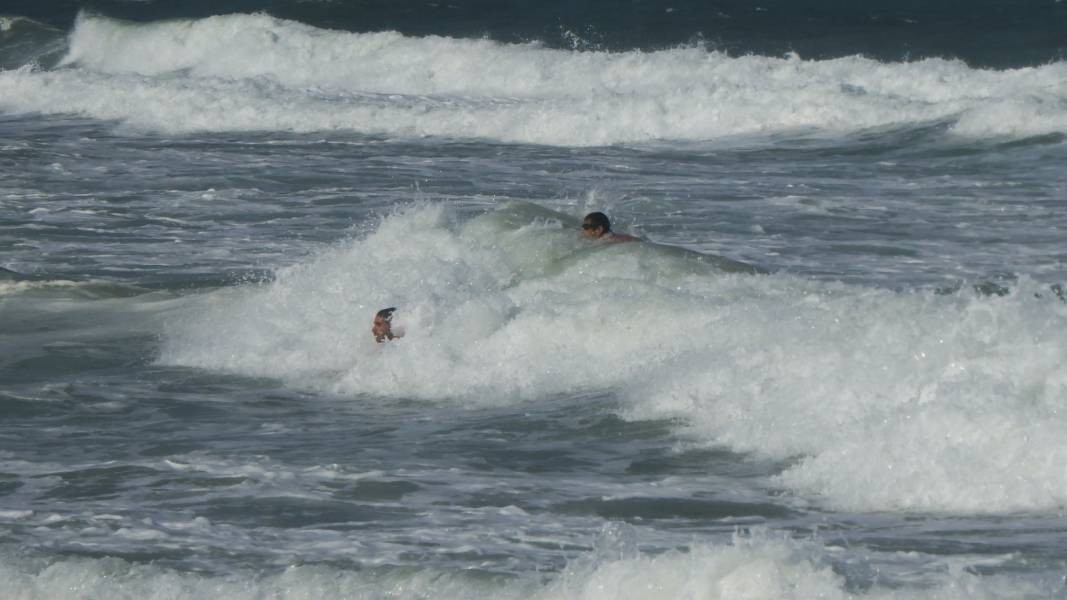
"Unfortunately, in the public space, the emphasis is more often placed on drowning cases, but the number of people rescued from the sea is much higher," Vasil Zagorchev says. He adds last year there were 86 drownings in the Bulgarian Black Sea, while the number of people rescued from drowning was 3,873, according to the statistics of the Bulgarian Red Cross. This large difference in numbers speaks of the professionalism and success of lifeguards, the water rescue specialist also points out.
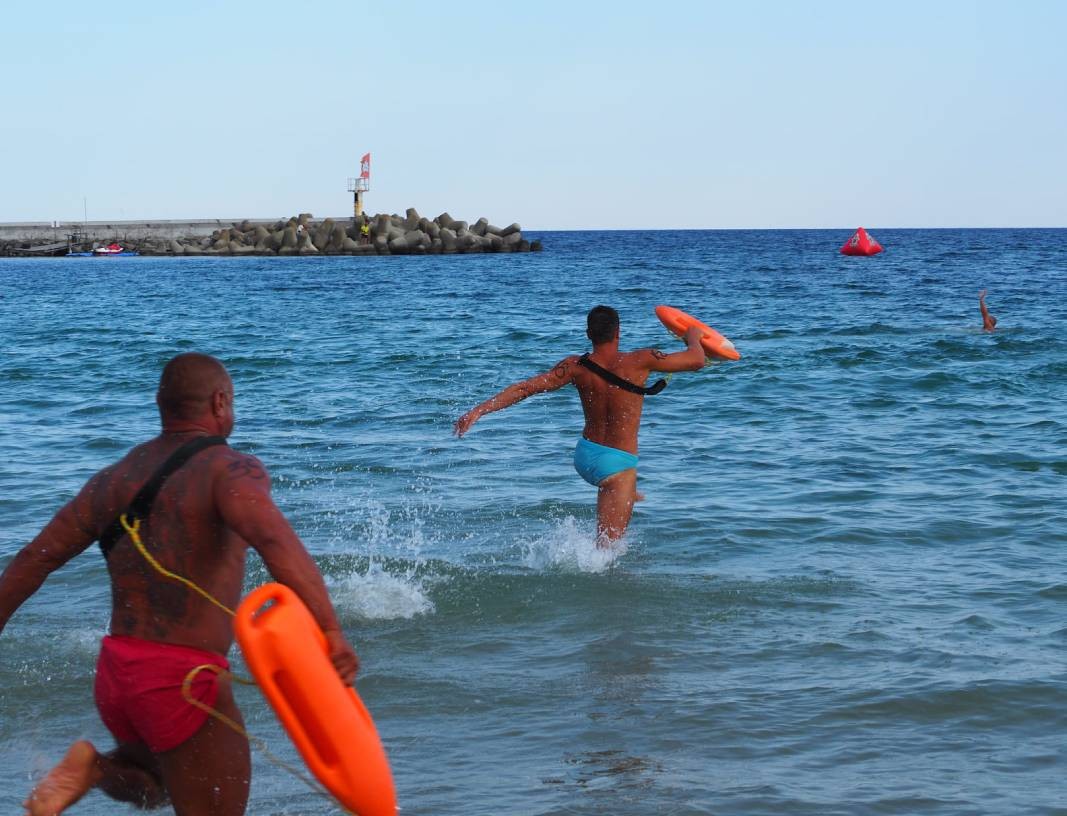
"When it comes to the training of lifeguards, the Bulgarian Red Cross has not changed its standards and requirements, so lifeguards are trained as before. They must meet certain standards for physical fitness, for retrieving a drowning person to shore, providing first aid and must pass a series of theoretical exams. So, the training is always at a good level. I say this in my capacity as a water rescue instructor, as I also train rescuers for our beaches every year. Attracting lifeguards from abroad is not as widespread. I have information about a Polish rescue group that has been coming and working in Sozopol as a team for 5 years. There are also candidates for rescuers from Ukraine who attend the courses we organize."
Among the most important lessons that the hours spent by the sea and on the sand teach is that young children require special care and attention. "Leaving them unattended, even for a short time, can be critical," Vasil Zagorchev says and adds:
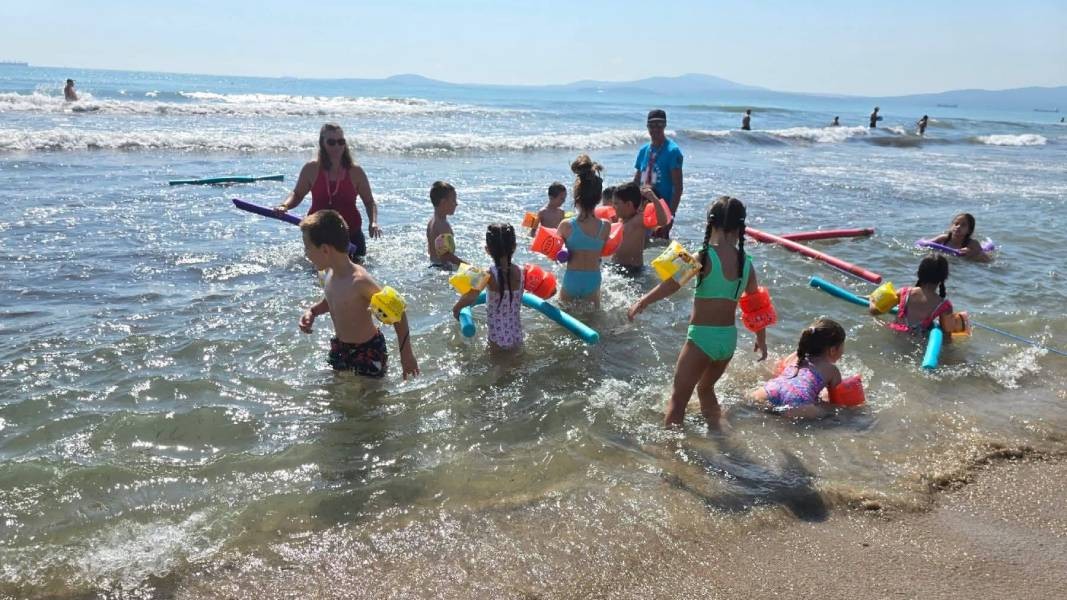
"The legislation obliges every parent or attendant not to leave a child under 10 years of age unattended. Children under 5 years of age must be kept at arm's length from us when we are on the beach. In my lifeguard practice I often come across cases when after rescuing a child, it takes us a long time to find the parents. Finally, we find the parents and they have not even noticed that the child is missing. But the situation would be different if this child was injured in the water. So, lifeguards are not the ones to replace parents on the beach."
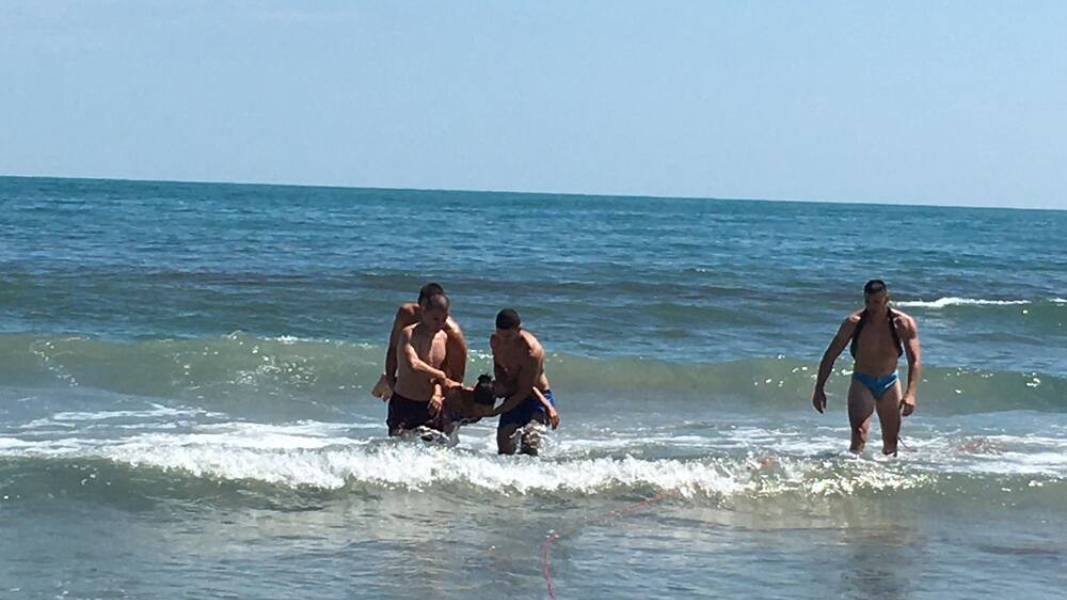
Author: Gergana Mancheva
Publication in English: Al. Markov
Photos: BTA, Facebook/ "Life Saving Bulgaria"
The European Commission praise s Montenegro’s progress toward EU membership North Macedonia needs decisive action and reforms to begin negotiations with the EU, according to the European Commission’s annual report on the progress of..
In the summer of 2014, photographer Philippe Bazin and philosopher Christiane Vollaire traveled around Bulgaria, investigating a series of self-immolations in the country that happened in 2013. They filmed over 30 locations, conducted..
On 27 October, the first meeting of Action CA-24150 “Values in Turbulent Times: Navigating Social Change and Challenges (VISTA)” took place in Brussels. The initiative is part of the European Cooperation in Science and Technology (COST) programme – one of..
From fear and doubts to joy and support – Bulgarians react differently to the upcoming introduction of the euro on January 1, 2026. For..
Teodora Byalkova joined the Bulgarian Sunday school "Sts. Cyril and Methodius" in Athens in the 2022/23 school year. At that time, she..
On the eve of Christian Family Day, 21 November, dozens of couples from Dimitrovgrad renewed their wedding vows after spending more than half a century..

+359 2 9336 661
